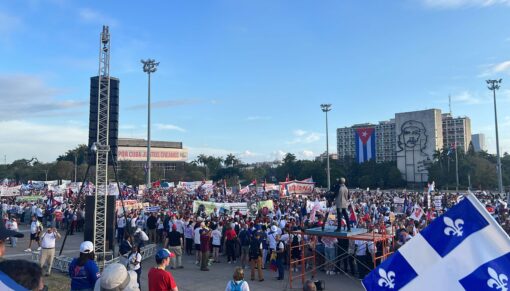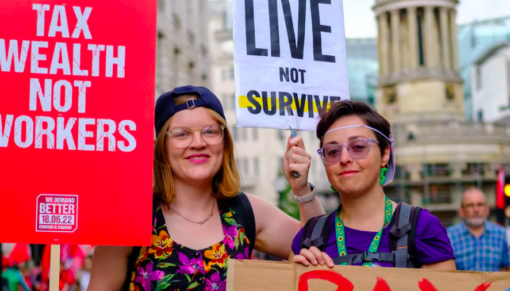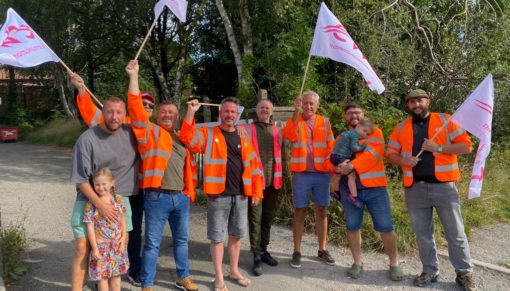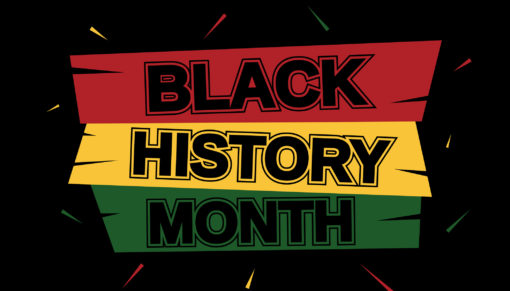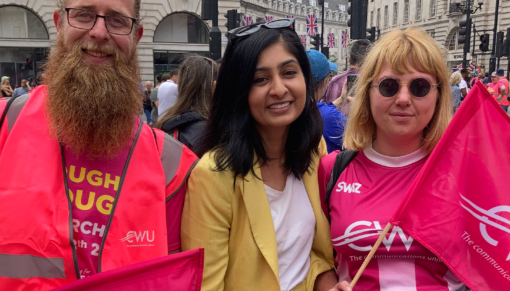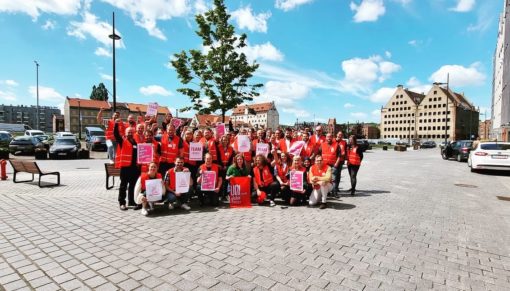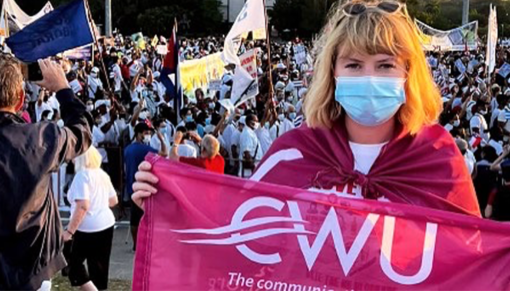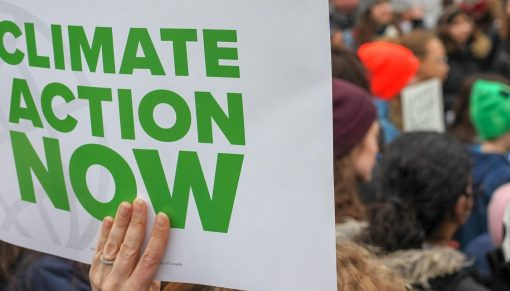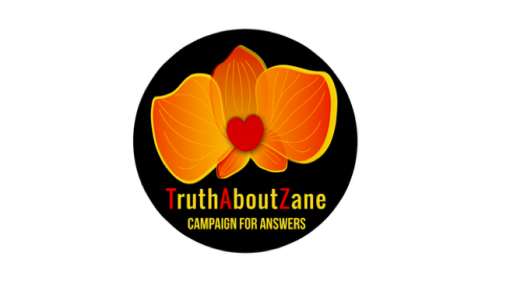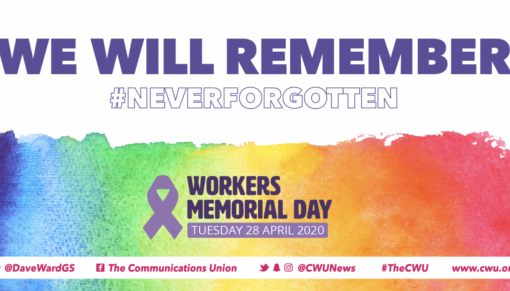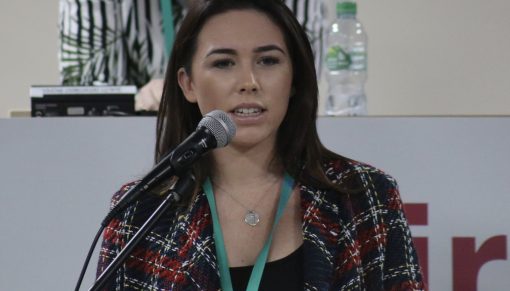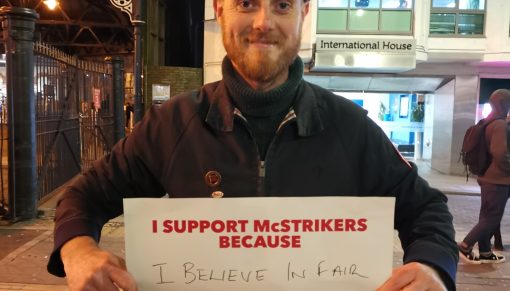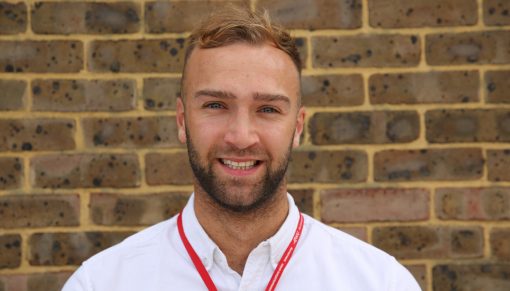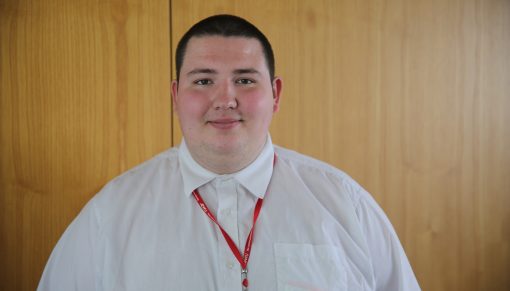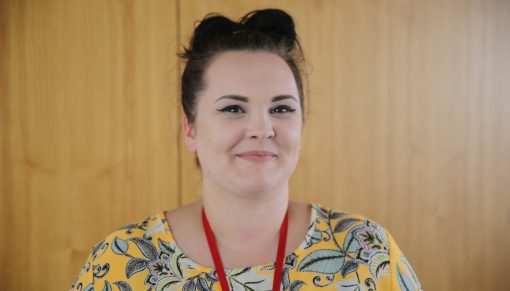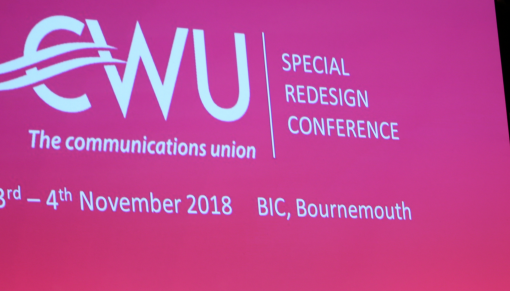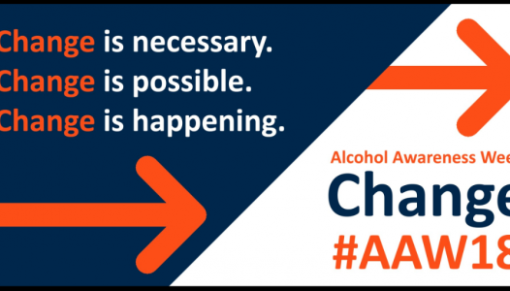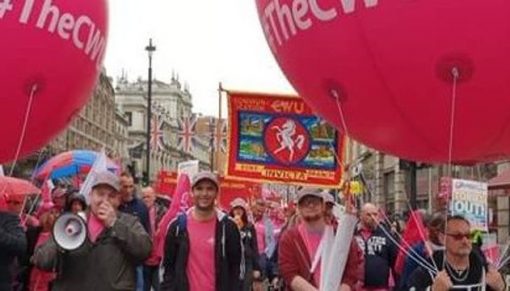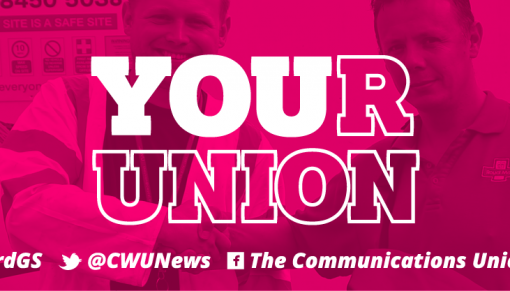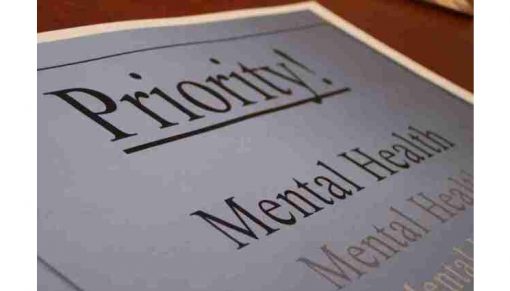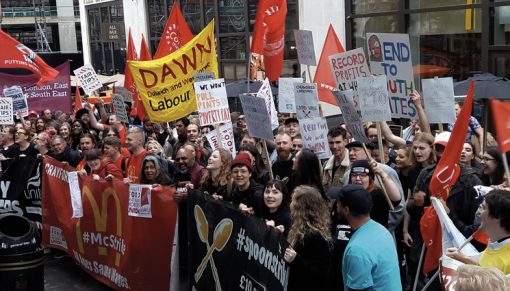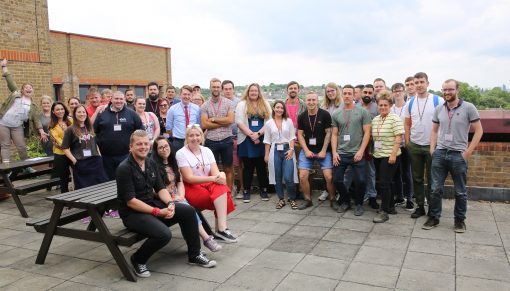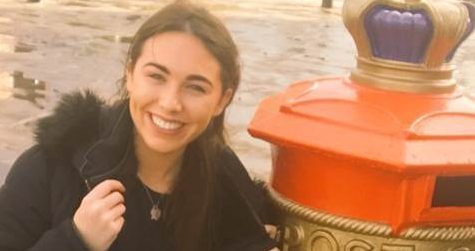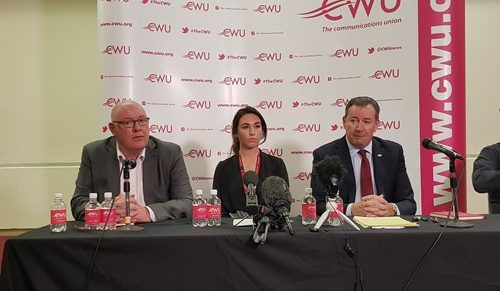What’s happening on May 3rd and why it matters
October 16 2015.jpg) May 3rd sees the UK going to the polls in a variety of elections. There’ll be elections for 131 English Local Authorities, all 32 Scottish Local Authorities, 21 Welsh Councils and the London Assembly. Then there’s the mayoral elections (taking place in London, Salford and Liverpool). Then there are referendums in 11 English cities to find out whether the voters in those cities want to introduce an elected mayor. Oh, and then there’s the odd case of Doncaster which is holding a referendum on whether to keep their elected mayor system. So, all in all, May 3rd will be a very important day for the political landscape of the country.
May 3rd sees the UK going to the polls in a variety of elections. There’ll be elections for 131 English Local Authorities, all 32 Scottish Local Authorities, 21 Welsh Councils and the London Assembly. Then there’s the mayoral elections (taking place in London, Salford and Liverpool). Then there are referendums in 11 English cities to find out whether the voters in those cities want to introduce an elected mayor. Oh, and then there’s the odd case of Doncaster which is holding a referendum on whether to keep their elected mayor system. So, all in all, May 3rd will be a very important day for the political landscape of the country.
Let’s start by looking at the local elections. Local Authorities have been in an odd position for a few years now. As people became more disgruntled with mainstream politics, we saw more councils move to no overall control’. This means that no single party had a majority and the councils would be run by a minority administration or a coalition. If you look at the range of councils that are holding elections, the vast majority of metropolitan boroughs are Labour controlled and the vast majority of district authorities are Conservative controlled. This is no real surprise when you realise that the metropolitan boroughs are in the north of England. So, what should we expect to see in these elections based on national opinion polls showing Labour with a lead which varies between 9 and 11 points? Well, you’d expect to see the Labour position in the north strengthened and inroads made in the southern areas.
Scotland and Wales are slightly different due to the more diverse political landscape. In Scotland there are currently only four councils out of 32 that are under the control of a certain group. All the other 28 are under no overall control. Here we could see the SNP making more gains following their growth in the Scottish Parliament. Or, we could see the Labour Party make gains in an area where support for Labour was once much stronger. In Wales, again, the majority of councils are under no overall control. Here we could again see Labour doing well, as Plaid Cymru has seen their support dip over recent years.
One of the most important elections is the London Mayoral election. This is proving to be a difficult one to call. I suspect that the incumbent will get in. Not for his policies, but because people think he’s a “bit of a laugh”. But people should be very wary. Do we really want someone who people class as a bit of a joke as the mayor of our capital city?
The mayoral referenda across the country will, based on recent opinion polls, lead to elections later this year for the mayors themselves. Although Wakefield was looking quite close with 48% of people saying they’d vote for a mayor. Looking at the cities which are holding the referendum, it could be quite easy to say that Labour would win them in any eventual mayoral election. But, having said that, Hartlepool has had an elected mayor since 2002, electing the independent Stuart Drummond three times. Stuart was previously the mascot for Hartlepool United FC.
Now the odd situation in Doncaster, which was one of the first places to adopted the elected mayoral system in 2001. Here they’re holding a referendum to find out whether the electorate would like to abolish the elected mayoral system in the borough. This is on the back of what has generally been classed as a disaster in the town. Being from Doncaster originally, with my whole family still living there, I know quite a bit about the problems they’ve had in Doncaster. First they had Mayor Winters, who was originally Labour. Things didn’t work out great though. There was scandal after scandal. Ultimately, Mayor Winter was expelled from the Labour Party in 2008 and then lost a subsequent vote of confidence. He continued in his position as an independent, and I remember spending several weekends protesting outside the mayor’s office calling for his resignation. So, in 2009 Peter Davies, English Democrats, was elected. Mayor Davies has had an interesting background. He was a Labour Party member before joining the Conservatives in 1973 and then, in 1993, he left the party after the signing of the Maastricht Treaty. Mayor Davies is the father of Conservative MP, Philip Davies. It’d be fair to say that things haven’t been classed as great since Mayor Davies arrived. So, in Doncaster there are some very real local feelings about the effects that an elected mayor has had on the borough.
spending several weekends protesting outside the mayor’s office calling for his resignation. So, in 2009 Peter Davies, English Democrats, was elected. Mayor Davies has had an interesting background. He was a Labour Party member before joining the Conservatives in 1973 and then, in 1993, he left the party after the signing of the Maastricht Treaty. Mayor Davies is the father of Conservative MP, Philip Davies. It’d be fair to say that things haven’t been classed as great since Mayor Davies arrived. So, in Doncaster there are some very real local feelings about the effects that an elected mayor has had on the borough.
What this brief overview highlights is that local elections are massively different to national ones. While the opinion polls seem very favourable for Labour, we should remember the recent Bradford West By-Election. We should also remember that there are some very real local based issues. What is right to campaign on in one council area might not be right for another. And, because of this, I’m expecting that we’ll see an increase in independent or smaller party support on May 3rd. Whichever way the elections go, it’s our opportunity to have our say. Hopefully you’ll have registered to vote and hopefully you’ll be using your vote.



